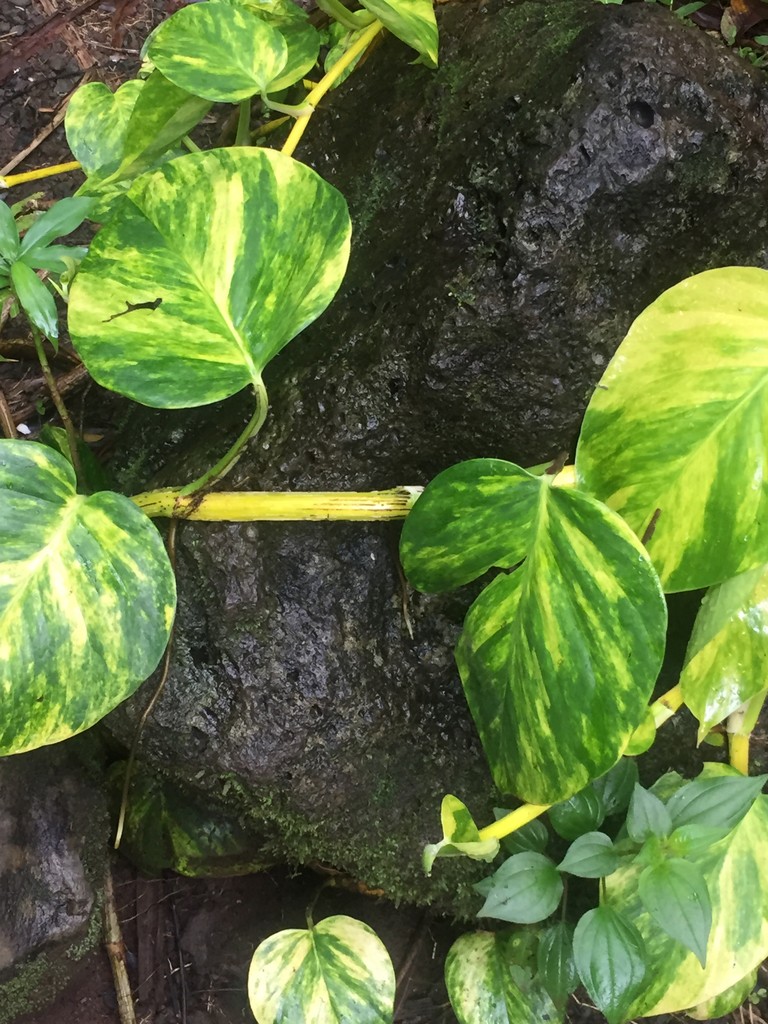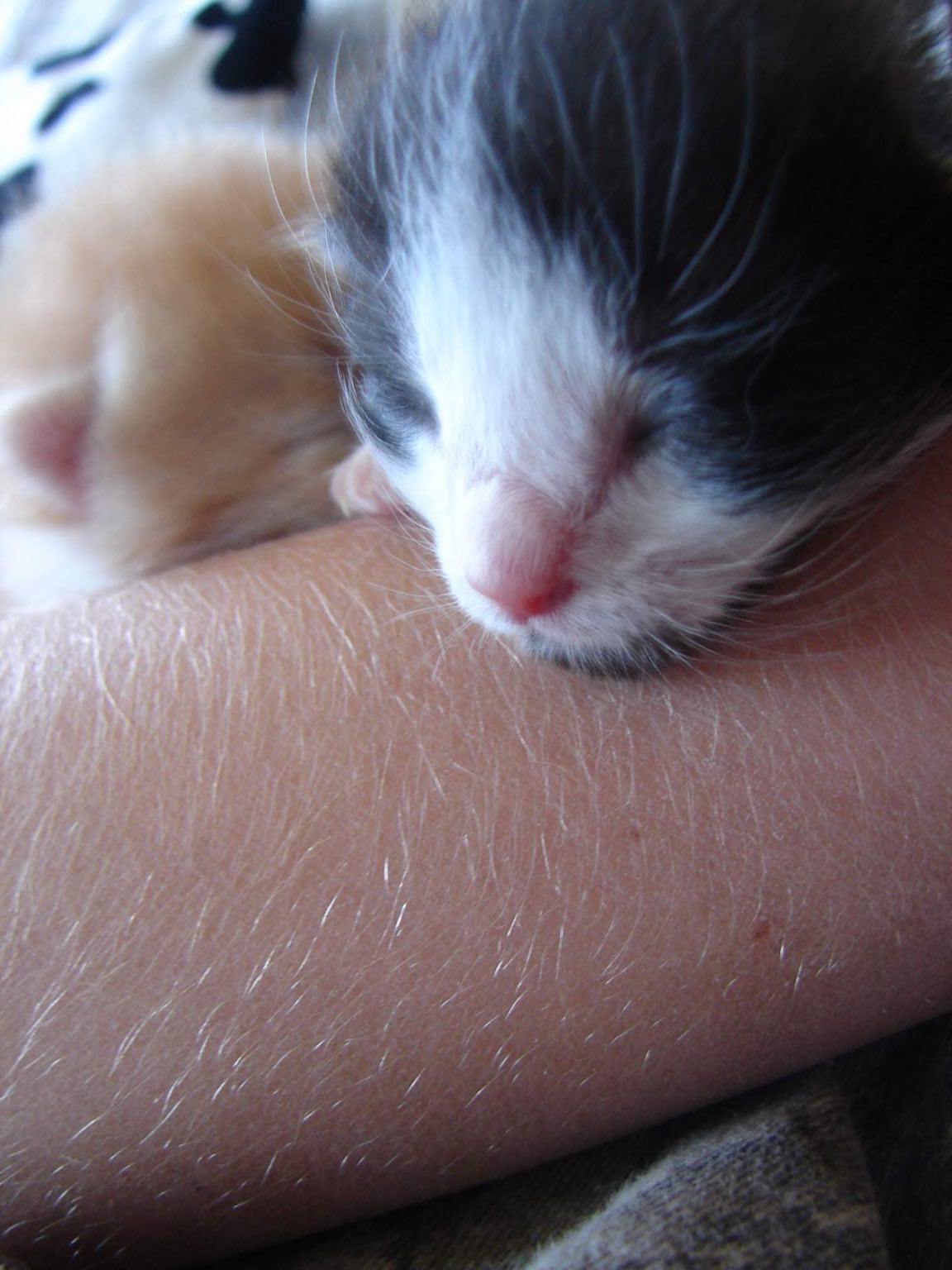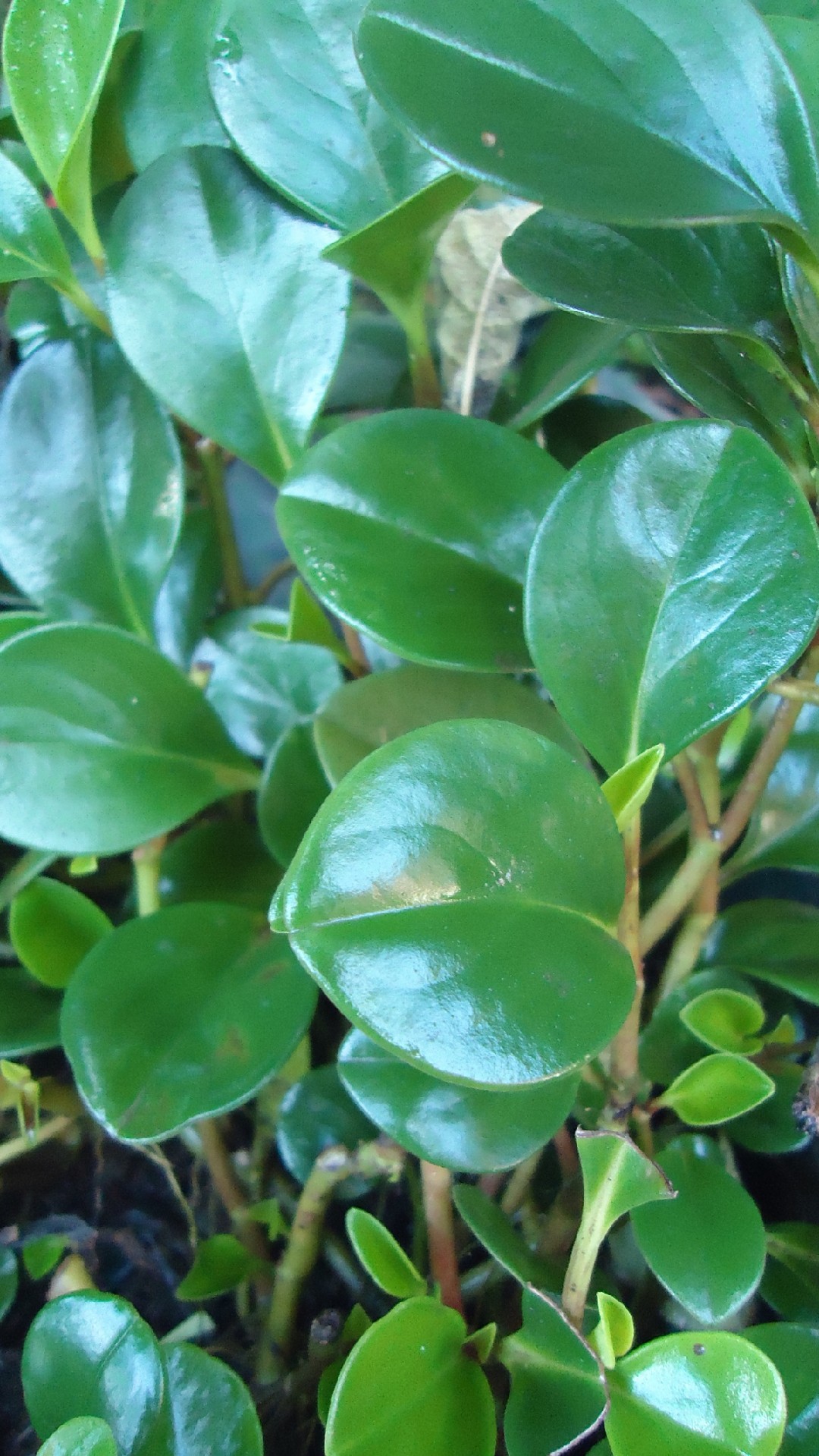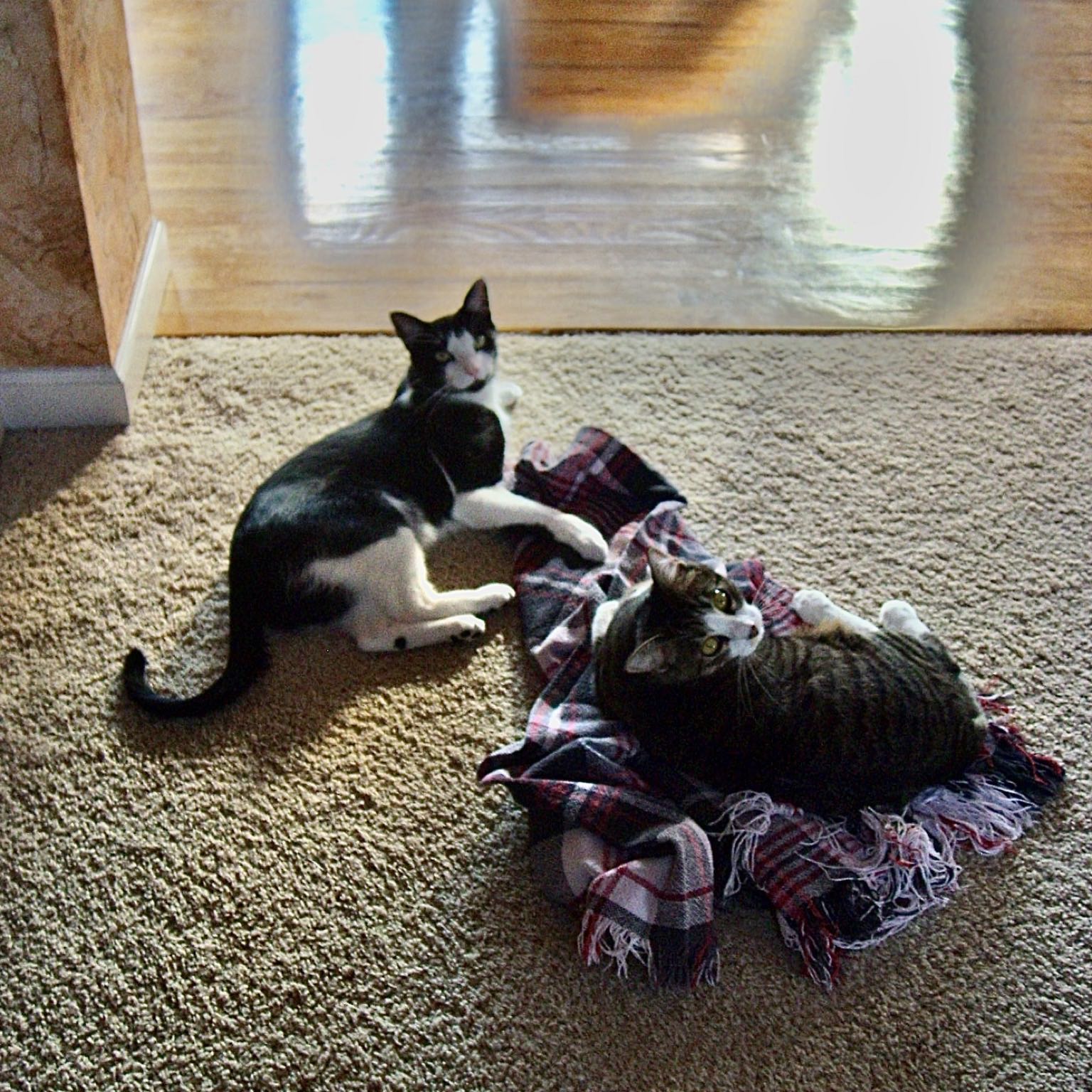Introduction: What Does Bird Poop Smell Like?

Bird poop, also known as bird droppings or guano, is a common sight in outdoor areas where birds reside. But what exactly does bird poop smell like? In this article, we will explore the chemistry and factors that contribute to the odor of bird droppings.
The smell of bird droppings can be described in various ways, such as pungent, acidic, or fishy. It is often an unpleasant odor that not everyone finds appealing. The intensity and character of the smell can vary depending on several factors.
One significant factor that influences the smell of bird poop is the bird’s diet. Different bird species consume different types of food, including seeds, fruits, insects, fish, or carrion. These dietary differences can contribute to variations in the odor of their excrement. For instance, birds that consume a diet rich in fish or seafood may produce droppings with a more pronounced fishy smell.
The smell of bird droppings is also influenced by the bird’s metabolism and digestive system. The digestive process involves the breakdown of food and the release of various compounds, some of which can contribute to the odor of the droppings. Additionally, the age of the droppings can affect their smell. Fresh droppings tend to have a stronger and more noticeable odor compared to older, dried droppings.
Environmental factors also play a role in the smell of bird droppings. Temperature and humidity can impact the intensity of the odor. Higher temperatures or increased humidity levels can intensify the smell, making it more noticeable.
Not all bird droppings have a strong smell. Some bird species may produce droppings with a milder odor that is less noticeable.
In the following sections, we will explore the chemistry behind bird droppings, investigate the factors that impact the smell, discuss how bird poop can smell like other things, and provide tips on reducing the smell of bird droppings.
The Chemistry Behind Bird Droppings
![]()

Bird droppings, also known as bird guano, are a complex mixture of various substances that contribute to their distinct characteristics, including their smell.
Composition of Bird Droppings
Bird droppings consist of water, uric acid, feces, and other organic and inorganic compounds. The prominent component is uric acid, a waste product formed from the breakdown of proteins in the bird’s body. Unlike mammals, birds excrete uric acid in a semi-solid form, which contributes to the consistency and composition of bird droppings.
Uric Acid and its Role
Uric acid is unique to birds and reptiles and is responsible for the white, chalky appearance of droppings. When uric acid breaks down, it releases ammonia, a pungent gas with a strong odor. This ammonia content contributes significantly to the characteristic smell associated with bird droppings.
Organic Matter and Bacteria
Bird droppings contain undigested food, such as seeds, berries, and insects, along with fecal matter. The presence of organic matter can further influence the smell. Additionally, bird droppings may harbor various bacteria found in the bird’s digestive system, which can produce additional compounds that contribute to the overall odor.
Environmental Factors
Temperature, humidity, and sunlight exposure can all influence the odor of bird droppings. Higher temperatures accelerate the breakdown of organic compounds, intensifying the smell. Increased humidity promotes bacterial growth and the production of odor-causing compounds. Sunlight exposure affects the rate of decomposition and the resulting smell of bird droppings.
Understanding the chemistry behind bird droppings provides insights into the factors that contribute to their unique smell. The composition of uric acid, the presence of organic matter and bacteria, and environmental conditions all play a role in determining the odor of bird droppings.
Why Does Bird Poop Smell Differently?

Bird droppings can have a distinct smell that varies among different bird species. Several factors contribute to the varying odors of bird poop.
Diet

The bird’s diet is a significant factor influencing the smell of bird poop. Birds consume a wide range of foods, including seeds, fruits, insects, and small animals. The chemical composition of these foods can impact the odor of their waste. For example, birds that consume fish or protein-rich foods may have droppings with a stronger and more pungent smell compared to those on a plant-based diet.
Metabolism
Birds have a unique metabolism that differs from mammals. Their rapid digestion process may contribute to the distinct smell of bird poop. The faster the food passes through their system, the less time there is for bacteria to break it down, resulting in a stronger odor.
Uric Acid
Birds excrete waste in the form of uric acid, which is more concentrated and less soluble in water than urea. The high concentration of uric acid in bird droppings can lead to a characteristic white and chalky appearance. This unique composition, combined with other waste products, contributes to the odor of bird poop.
Microorganisms
Microorganisms present in bird droppings can influence its smell. Bird feces can be a breeding ground for various bacteria, fungi, and other microorganisms. These microorganisms break down the waste further, producing metabolic byproducts that contribute to the overall odor.
Understanding the factors that contribute to the smell of bird poop helps us appreciate the complexity of this waste product. By examining the bird’s diet, metabolism, the composition of uric acid, and the role of microorganisms, we gain insights into why bird poop can have different odors.
Factors Influencing the Smell of Bird Poop
![]()
The odor of bird droppings can vary greatly, influenced by several factors that contribute to its distinct smell. Understanding these factors not only sheds light on the range of smells but also highlights the intriguing complexity of the natural world.
Diet: Aromatic Influences
A bird’s diet plays a significant role in determining the smell of its droppings. Each bird species has distinct dietary preferences, which can influence the composition and odor of their waste. For instance, birds that primarily consume seeds tend to produce droppings with a milder smell compared to those that feast on fish or insects. During digestion, the specific nutrients and compounds in their food break down, contributing to the overall odor of the droppings.
Metabolism: The Speed Factor

Birds’ metabolic rates also impact the odor of their droppings. With their relatively high metabolic rates, birds experience faster digestion and waste elimination. This rapid digestion may leave less time for the breakdown of odor-causing compounds, resulting in a stronger smell. Additionally, the efficiency of a bird’s digestive system and the speed at which waste is eliminated can influence the intensity of the odor.
Size and Species: The Scent of Diversity
The size and species of a bird can affect the smell of its droppings. Larger birds tend to produce larger droppings, which can carry a more pungent odor due to the higher concentration of waste. Moreover, different bird species possess unique digestive systems and enzyme profiles, contributing to the distinct odor of their excrement. The combination of enzymes, bacteria, and other microorganisms in their digestive tracts adds to the olfactory diversity of bird droppings.
Health and Hygiene: A Whiff of Well-being
The health and hygiene of a bird can impact the smell of its droppings. Sick or diseased birds may exhibit altered digestive processes or imbalances in gut bacteria, resulting in noticeable changes in the odor of their waste. Additionally, poor hygiene practices, such as unclean feathers or dirty nesting areas, can contribute to a stronger odor in bird droppings. Birds that maintain good health and proper hygiene are more likely to have droppings with a milder and less offensive smell.
Environmental Factors: Nature’s Influence
Environmental factors also come into play when it comes to the smell of bird poop. Temperature, humidity, and sunlight exposure can influence the rate of decomposition of waste materials in droppings. Higher temperatures and increased moisture can accelerate the breakdown process, potentially intensifying the odor. Furthermore, the presence of other substances or pollutants in the environment, such as chemicals or contaminants, can interact with bird droppings and alter their smell.
Understanding the various factors that influence the smell of bird poop provides valuable insights. Whether you’re a bird enthusiast or simply fascinated by the science behind unpleasant odors, recognizing these influences helps us appreciate the intriguing complexity of the natural world. In the next section, we’ll delve into how bird droppings can sometimes mimic other scents, adding another layer of intrigue to this topic.
The Chemistry Behind Bird Droppings
Bird droppings may not be the most pleasant topic of conversation, but understanding their chemistry can provide valuable insights into their smell. These droppings consist of a combination of solid and liquid waste, each contributing to the unique odor they produce.
One of the primary components of bird droppings is uric acid, a byproduct of protein metabolism. Birds excrete uric acid as a means of eliminating nitrogenous waste. This compound is highly concentrated in bird droppings and plays a significant role in their smell.
Uric acid is known for its distinct ammonia-like odor. When exposed to air, it undergoes hydrolysis, breaking down into ammonia, carbon dioxide, and water. The release of ammonia is responsible for the pungent smell often associated with bird droppings.
Factors Influencing the Smell of Bird Droppings

Bird droppings can emit various odors, and the reasons behind these differences lie in several factors.
Bird Species and Diet
Different bird species have distinct dietary preferences, which directly influence the composition of their droppings. For instance, birds that consume fish or marine organisms may produce droppings with a fishy or rotten smell. This odor arises from the decomposition of the consumed aquatic organisms, resulting in a potent scent.
On the other hand, birds that primarily consume vegetation may produce droppings with an earthy or musty odor. The specific compounds present in the plants they consume can influence the scent of their waste. Birds that feed on decaying matter, such as carrion or rotting fruits, may have droppings with a foul or offensive odor due to the presence of bacteria or fungi.
Environmental Factors
The environment in which birds live also affects the smell of their droppings. Factors such as humidity and temperature can influence the decomposition process of organic matter within the droppings, potentially altering their odor. Additionally, the presence of other substances in the environment, such as chemicals or pollutants, can interact with the droppings and modify their smell.
By understanding these factors, we can appreciate the diversity of smells that bird droppings can produce. From ammonia-like odors to fishy or rotten scents, the variations in smell provide valuable information about a bird’s diet, species, and environment.
Factors Impacting the Smell of Bird Droppings

The smell of bird droppings can vary significantly due to several factors that influence their composition and subsequent odor.
Bird Diet
Birds have diverse dietary preferences, ranging from seeds and fruits to insects and small animals. The specific food sources a bird consumes directly impact the chemical composition of its droppings. For example, birds that feed on fish or marine organisms may have droppings with a distinct fishy or rotten odor due to the decomposition of consumed aquatic organisms. Birds that consume decaying matter may have droppings with a foul or offensive smell due to the presence of bacteria or fungi.
Conversely, birds that primarily consume vegetation may produce droppings with an earthy or musty odor. The specific compounds present in the plants they consume can influence the scent of their waste.
Bird Species
Different bird species have unique digestive systems and metabolic processes, resulting in variations in their droppings’ composition and smell. Factors such as the bird’s size, metabolism, and digestive enzymes can influence the breakdown of food and the subsequent odor of the droppings. Larger birds tend to produce more substantial droppings with a higher concentration of uric acid, contributing to a stronger and more pungent smell compared to smaller bird species.
Environmental Factors
The environment in which birds live can also impact the smell of their droppings. Humidity and temperature play crucial roles in the decomposition process of organic matter within the droppings. Higher temperatures and humidity levels can accelerate the breakdown of compounds, potentially intensifying the odor. Additionally, the presence of other substances in the environment, such as chemicals or pollutants, can interact with the droppings and modify their smell.
By considering the bird’s diet, species, and environmental conditions, we can better understand why bird poop can exhibit a wide range of smells.
How to Reduce the Smell of Bird Poop

Bird droppings can emit an unpleasant odor that lingers if not properly addressed. Follow these practical steps to minimize the impact of bird droppings and maintain a fresh, odor-free space.
Cleaning and Disinfecting
- Gather a mild detergent or bird dropping cleaner, a scrub brush or sponge, and water.
- Carefully remove the droppings without spreading or smearing them.
- Thoroughly rinse the area to remove residue.
- Disinfect using a water and bleach solution or appropriate disinfectant.
- Ensure proper ventilation for minimal smell and better air circulation.
Prompt Removal
- Use gloves or a plastic bag to pick up droppings, avoiding direct contact.
- Dispose of droppings in a sealed plastic bag or designated waste container.
- Prevent smearing or spreading to avoid further odor contamination.
Absorbent Materials
- Sprinkle baking soda or cat litter over fresh droppings.
- These materials absorb moisture and reduce odor.
- Leave them in place briefly to absorb moisture.
- Clean the area using the cleaning and disinfecting method mentioned above.
Odor Neutralizers
- Purchase odor neutralizers or enzymatic cleaners designed for pet messes.
- Follow the manufacturer’s instructions for application and safety.
- Apply the product directly to the affected area.
- These cleaners break down organic compounds, eliminating odor.
Protective Measures

- Install bird deterrents like spikes or netting to discourage perching or nesting.
- Regularly inspect your property for potential nesting spots and seal them off.
- Keep garbage cans securely closed to avoid attracting birds.
- Maintain a clean environment by promptly removing fallen fruits or food scraps.
By following these practical steps, you can effectively reduce the smell of bird poop and maintain a fresh, odor-free space. Taking proactive measures to address bird droppings will ensure a more pleasant environment for you and those around you.
Conclusion: Understanding the Smell of Bird Poop

Bird droppings emit a distinct and unpleasant odor due to their chemical composition. Factors like diet, metabolism, and bacterial activity influence the smell, which can vary based on bird species and the environment.
To reduce the smell of bird poop, implement proper cleaning and disinfecting methods, promptly remove droppings, use absorbent materials, and employ odor neutralizers. Taking protective measures like installing deterrents and maintaining cleanliness helps prevent odor buildup.
By understanding the chemistry behind bird droppings and implementing these strategies, you can minimize the impact of the smell and create a more pleasant and hygienic space.
Remember, while bird poop may not always smell pleasant, birds bring beauty, unique behaviors, and contribute to ecosystems. It’s essential to appreciate birds while managing the challenges associated with their droppings.
Frequently Asked Questions
What does bird poop smell like?

Bird poop can have a pungent, acidic, or fishy smell. The intensity and character of the smell can vary depending on factors such as the bird’s diet, metabolism, and environmental conditions.
Why does bird poop smell different?
Bird poop can smell different due to factors such as the bird’s diet, which influences the composition of their waste; the bird’s metabolism, which affects the breakdown of odor-causing compounds; and the presence of uric acid, which contributes to the distinct smell of bird droppings.
What factors contribute to the smell of bird poop?
Several factors contribute to the smell of bird poop. These include the bird’s diet, metabolism, size, species, and the presence of microorganisms in their digestive system. Environmental factors such as temperature, humidity, and sunlight exposure also play a role in determining the odor of bird droppings.
Can bird droppings smell like other things?
Yes, bird droppings can sometimes mimic other scents. For example, birds that consume fish or seafood may produce droppings with a more pronounced fishy smell. The specific compounds present in the bird’s diet and the breakdown of organic matter can contribute to different odors in bird droppings.
How can I reduce the smell of bird poop?

To reduce the smell of bird poop, you can clean and disinfect the affected area, promptly remove droppings, use absorbent materials like baking soda or cat litter, and apply odor neutralizers or enzymatic cleaners. Implementing protective measures such as installing deterrents and maintaining cleanliness can also help prevent odor buildup.

Leave a Reply